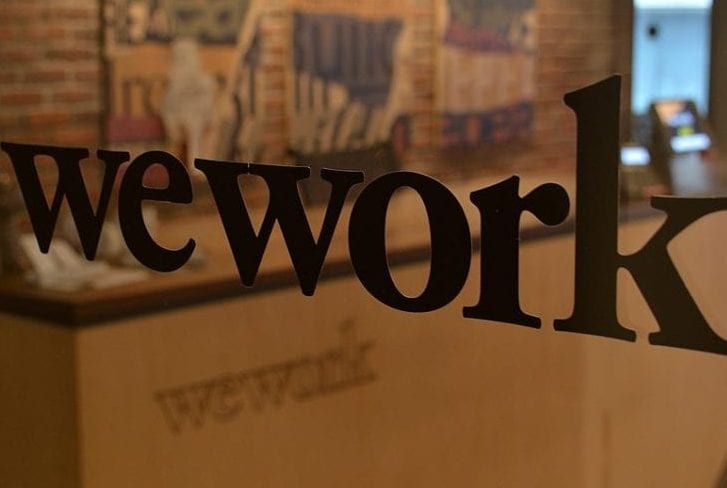The coronavirus pandemic may have the world’s full attention at the moment but it looks like the saga of former WeWork CEO Adam Neumann won’t be ending anytime soon.
Neumann Strikes Back

nobihaya/Wikimedia Commons
Masayoshi Son, SoftBank’s CEO, has previously expressed his regret making a deal with Neumann and his company
The controversial businessman is now reportedly planning to sue SoftBank, the holdings company that funded his now-struggling commercial real estate startup.
His qualms resulted in the Japanese investor’s taking back of its $3 billion offer to buy shares in WeWork, which might have saved Neumann’s brainchild. WeWork’s troubles culminated in September 2019 with SoftBank reportedly coming through with a supposed $1 billion share purchase scheme.
It was also then when Neumann was ousted from his position. Now, his lawyers are reportedly writing to SoftBank to express his plans to sue.
The holding company ultimately backed out of the deal saying how it would be irresponsible to push through with it. The Japanese investor also mentioned the various investigations being done on WeWork due to financial, civil, and even criminal matters.
Board Member Lawsuits

Raysonho @ Open Grid Scheduler / Scalable Grid Engine/Wikimedia Commons
Both former and current WeWork employees might reportedly sue SoftBank as well
And it looks like the 41-year-old former billionaire isn’t alone in his quest. Other members of the company’s board have also reportedly launched their own lawsuit against their former benefactor citing the same reasons as Neumann.
Their plan is to urge SoftBank to make either of the following choices: follow through with their initial offer or compensate the board members for the loss. The WeWork board’s complaint was filed at the Delaware Court of Chancery.
But this isn’t where the strike back against SoftBank ends. Sources are saying that the investor would be facing several other complaints and legal actions against it.
For example, thousands of previous and current WeWork workers might be seeking reprieve for the $450 million total of pay they were expecting to receive.
WeWork’s Fall

TechCrunch/Wikimedia Commons
WeWork’s current troubles is certainly a far cry from its previous status as one of the startup world’s biggest successes. Unfortunately, its house of cards began falling apart when it filed the documents for its initial public offering (IPO).
The public files further revealed what some have known before--the company was losing a lot of money. What more, it showed how overly optimistic WeWork’s projections of its market were.
Just six weeks later, the controversy led Neumann to vote himself out of his CEO position and gave away his majority stake in the company he co-founded.





